Expert Physical Therapy Services in norwood and norfolk massachusetts
Are you in pain? We can help.
Call Us at (781) 769-2040
We are experts in combining hands-on PT treatments with exercise to eliminate pain and restore motion, strength, and activity levels. You will receive professional treatments that are tailored to your PT. We look forward to your success!
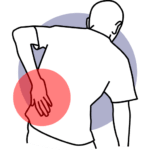
Back Pain Relief

Neck Pain Relief
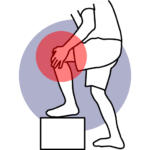
Knee Pain Relief
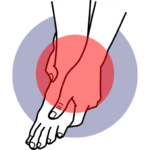
Foot Pain Relief
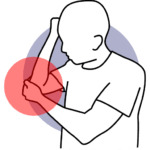
Elbow Pain Relief
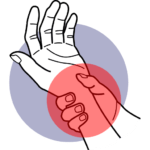
Wrist Pain Relief
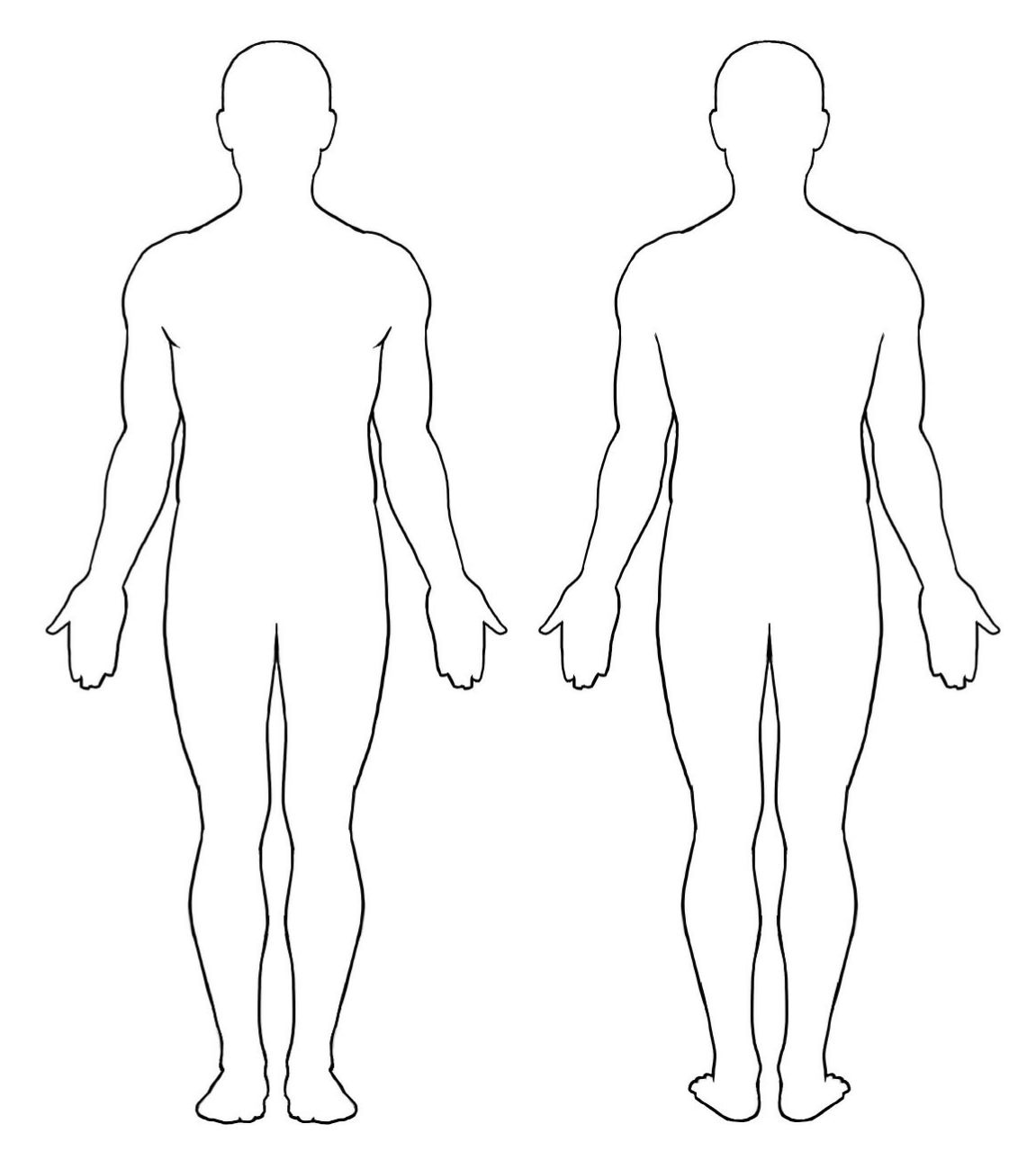
Shoulder Pain & Treatment
Back Pain & Treatment
Elbow Pain & Treatment
Head and Neck Pain & Treatment
Knee Pain & Treatment
Hip Pain & Treatment
Hand Pain & Treatment
Wrist Pain & Treatment
Foot Pain & Treatment
Ankle Pain & Treatment
Jaw Pain & Treatment
What Our Clients Say

PHYSICAL THERAPY PROGRAMS AND TREATMENTS AT OUR NORWOOD AND NORFOLK CLINICS
Specialized Physical Therapy Treatments for Pain and More
Our services include revolutionary treatment programs are designed to get you feeling better and back to normal quickly!
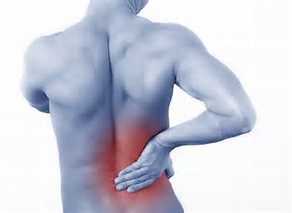
Working closely with you and your pain management physician, our Back Pain Program can help you help yourself
Back Pain

Our Pain Relief Program, our laser therapy has proven to be effective as a successful treatment for a variety of aches/pain, injuries, wounds, fractures and neurological conditions
Pain Relief

With extensive preschool and school experience, PT and SR offers physical therapists specializing in pediatric physical therapy
Pediatric PT

Advanced training in this treatment allows therapists to evaluate and treat vertigo, imbalance, gait disorders and vestibular loss
Vertigo Balance

The Laser Treatment Program has proven effective as a treatment for aches/pain, injuries, wounds, fractures and neurological conditions
Laser Treatments
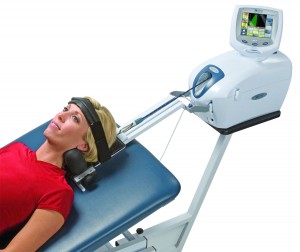
Our Spinal Decompression Program uses the DTS® – to decompress structures in the spine which are proven to cause pain
Spinal Decompression

Dry needling uses very fine needles which are inserted through the skin and into the deep tissues to address pain trigger points
Dry Needling
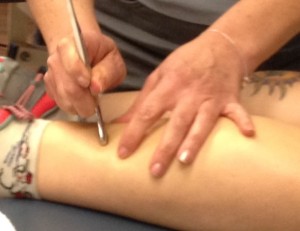
The Graston Technique is a soft tissue technique to address pain and promote healing
Graston Technique
Latest News
News from PT & SR, physical therapy tips, and more.
Vertigo: Thinking About It Makes My Head Spin! Vestibular Physical Therapy: What to Expect
Discover the role of physical therapy in treating vertigo and learn what to expect during treatment. Our treatment...
Workout Injuries: 10 Minute Routines to Prevent Them!
Athletes and Weekend Warriors: 10 Minute Routines to Prevent Workout Injuries and Improve Performance! Are you a...
Arthritis: Tips and Treatments for Managing the Pain
Unlock the Secret to Conquering Arthritis Pain: Transform Your Life Today! Are you battling the relentless discomfort...
Get Started Today
Call Us at (781) 769-2040



